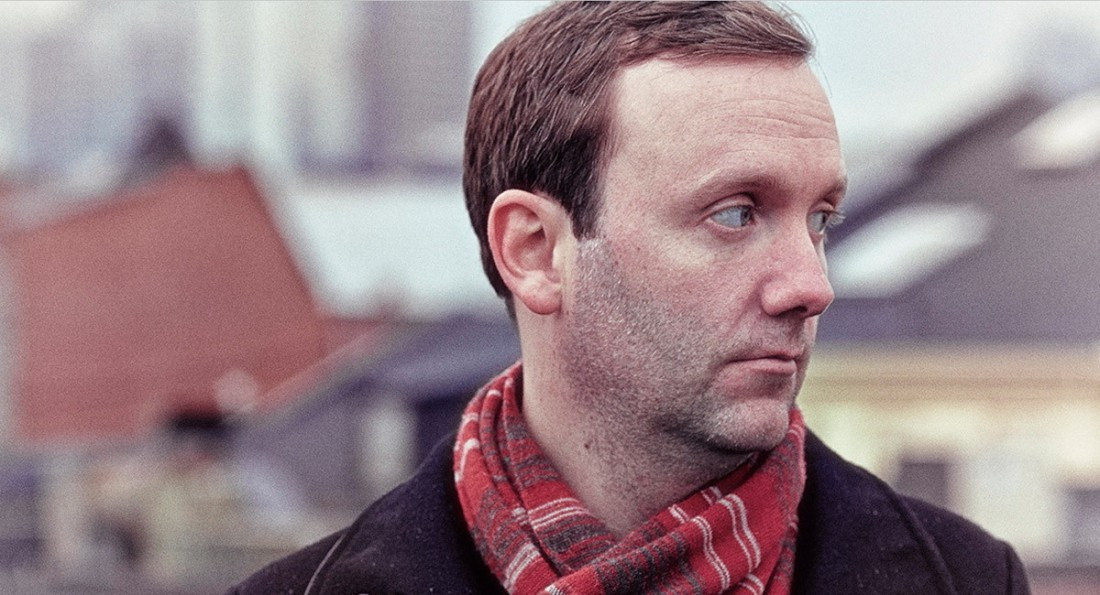Extra credit
Ex-Small Sinner Thomas D’Arcy delivers what you want
Good things come in small packages.
Or, in the case of Thomas D’Arcy’s musical output, good things come in many small packages with lots of different names.
After playing with The Carnations for a decade, D’Arcy, 34, moved onto a solo project called The Ladies and Gentlemen in 2004, which morphed into Small Sins for legal reasons. Quickly becoming a full-on group, they released three discs of pure, lush, melancholy pop/rock but called it quits in 2011. Since, D’Arcy has toured as part of k-os’s band, covered punk classics and started his own imprint with MapleMusic to release his solo work.
“Every time I do these massive changes, it works in that cycle like the Olympics or something,” D’Arcy says over the phone from Toronto. “It turns out that when you’ve done that enough times in a row, that actually becomes the norm. People kind of look at me and think ‘OK, here’s what Thom’s band is called this year’ - it’ll be called something else next year.”
Though there isn’t a drastic stylistic change with the music on D’Arcy’s debut solo album, February’s What We Want, or its pair of follow-up EPs (Wake Up Every Day and The Price You Pay), the releases are the natural evolution from the Small Sins sound.
Aside from this slew of music, accompanied by the mind bending visual trickery of some promotional videos (check out “Credit!” or Small Sins’ “Why Don’t You Believe Me”), D’Arcy has also dabbled in resurrecting cult punk classics, re-recording The Monks’ 1979 LP Bad Habits with such CanRock heroes as Chris Murphy, Ian Blurton and Ryan & Kurt Dahle, among others.
“I’ve ruined the record for myself,” he says with a laugh. “I guess that’s the goal, to take it to another place and obviously to make it more modern. It’s not really worth doing unless we can have it go somewhere that it wasn’t before, and I’m happy we were able to accomplish that.”
The reason for the constant stream of releases in the last two years is simple - the immediacy of home recording and the ability to instantly share the songs online.
“I’m not really working more or less than I used to, but I used to always have to wait a year for the label to decide it’s the right time,” he says. “Maybe some great stuff never sees the light of day or maybe some horrible stuff would have been saved from peoples’ ears if I was more patient about it, for better or worse it could all just come out immediately.
“At the same time, I feel like everything I put out has a little less impact because I put out so much of it and I think that my fans can’t really keep up. It becomes kind of funny. Even though all the material is that much stronger than what came before it, it also distracts people, making every release a little less special. It’s probably terrible for my career.”
Published in Volume 68, Number 9 of The Uniter (October 30, 2013)







